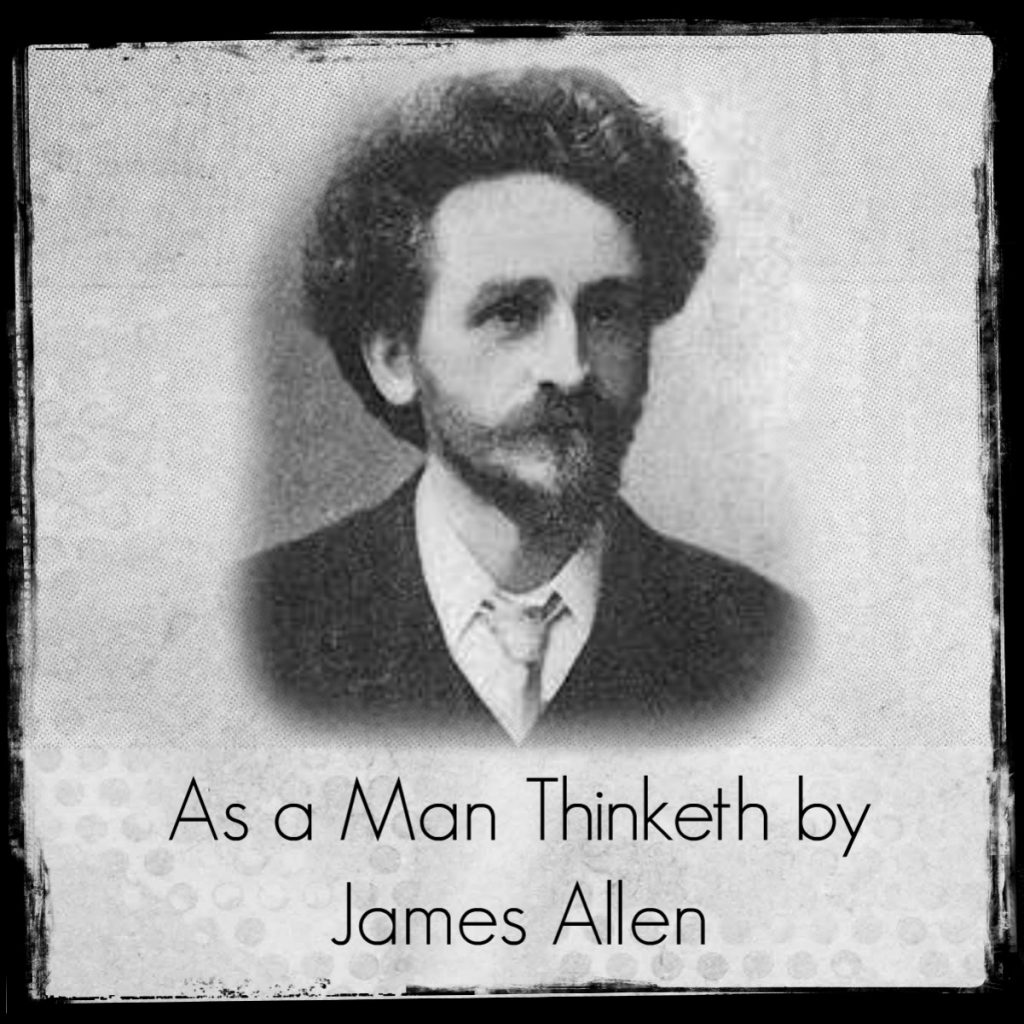
By Robyn Young
Recently I had a conversation with a friend that did not go as I expected. I was deeply hurt. I couldn’t let it go. I soon became short-tempered with my family and was constantly on the verge of tears. My hurt was giving way to anger.
I knew that I could not keep these feelings inside. They were distracting me from my responsibilities. I decided to take some time and write a letter to my friend-one that I never intended to deliver–describing exactly how I felt and why. For two hours I wrote and cried, coming up several pages of word vomit. As I wrote, I could see that I was overreacting to the situation, but I was true to my feelings. I wrote as if her actions justified my hurt. I wrote until I was no longer angry. I took my pages outside and burned them, and the anger turned to ash before my eyes.
I felt better, but the experience was still on my mind. I believe there is a lesson in every experience of significance, and this was certainly significant to me. For days I tried to determine what I could learn about myself from this, but none of the lessons I came up with seemed to match the intensity of the experience. Big experience equals big lesson. I figured the lesson must really be for my friend, and tried to ignore it. Soon I realized, however, that I could not put this behind me without facing her.
I ran into her that day. I saw her coming before she saw me, and I briefly considered hiding. Instead, I covered my anxiety with a happy face, and said, “Hi,” as we passed each other. She smiled and said, “Hi,” back, as if nothing had ever happened. A new possibility entered my mind. I had assumed that, like me, she had negative feelings about our conversation. Suddenly I realized that she might honestly feel that nothing was wrong. If she felt no anger, no animosity toward me, then that meant my intense emotional reaction was based entirely on my own incorrect thinking. She had spoken very directly to me, but she hadn’t been unkind or rude. I had merely taken offense. I had made up a story in my mind and bought into it so completely that I had caused myself more than a week of trouble and anguish. I was only angry because of me! I felt sheepish, but also free. I did not have to believe the story in my head!
I wrote more about this new development, and as I did, I discovered what lesson there was for me. The emotion I had felt was real. It was intense. It was irrational, but it existed, and needed to be acknowledged. The emotion came from false beliefs held in my mind, beliefs that had been passed down to me from caring adults who lived their lives according to these falsehoods. I had internalized them without realizing it, and was now living my own life based on these lies. I would never have discovered these false beliefs without this experience.
That which is in our minds controls our lives, for better or for worse. Once I recognized the beliefs which were producing my emotions, I also saw that they were hindering my progress in many ways. Only by getting rid of them could I move on. Only by experiencing difficulties in my relationships could I even see them. We often complain about others’ weaknesses without considering our own. The people in our lives-especially the ones we have difficulties with-are great blessings! We can learn so much about ourselves from these interactions if we will stop long enough to consider that there is a lesson for us to learn.
There were several critical steps that helped me learn this lesson:
- I assumed there was a lesson for me to learn.
- I spent time in prayer, asking God to help me understand.
- I wrote about it. In my experience, writing provides greater clarity than talking about it.
- I made honest efforts to let go of my negative feelings. When I still couldn’t let go, I trusted that there was more for me to learn.
- I faced it instead of hiding, both physically and emotionally.
- Most importantly, I wanted to learn the lesson. I expressed thanks for what I had learned, and prayed for help along the way.
God does not want us to be miserable. He wants us to be happy. He wants us to become better. This requires that we face some uncomfortable truths about ourselves. When we do, our struggles propel us forward, and our false beliefs no longer hold us back.
_____________
For more about the seven laws that govern prosperity, click here to read Hidden Treasures: Heaven’s Astonishing Help With Your Money Matters FREE.
- Understanding the Law of Vibration - August 16, 2017
- The Power of Relativity - August 9, 2017
- The “invisible” part of Perpetual Transmutation - August 2, 2017

















One Response
Thank you for your wonderful insights.